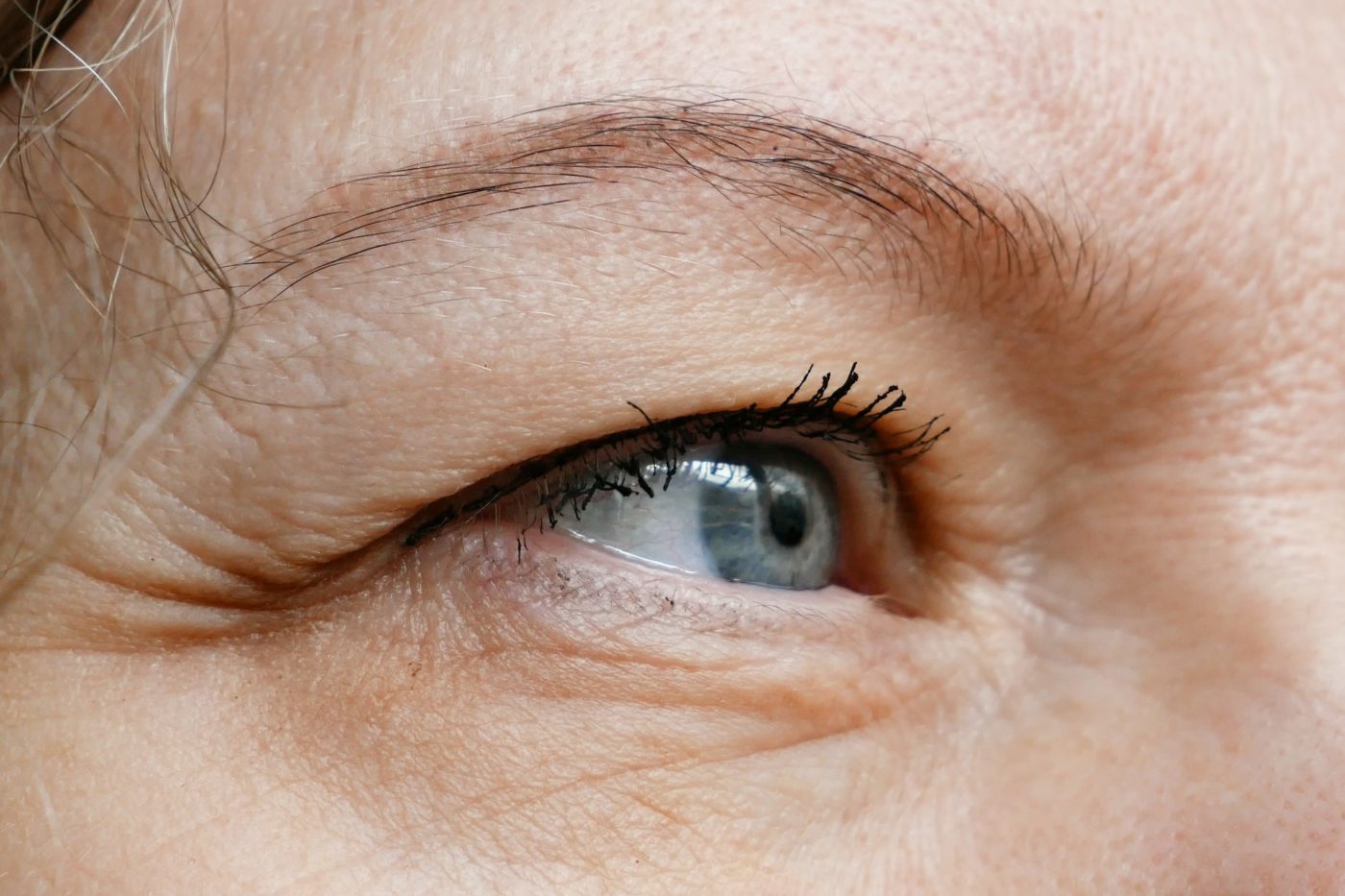Ptosis usually refers to the drooping of the upper eyelid, a common condition. The causes of ptosis include a muscular etiology such as muscle weakness, dislocation of the eyelid muscles, or redundant excessive skin. This eye condition could be due to a congenital condition or may be an acquired condition with many causes. Often a familial tenancy or genetic predisposition can lead to ptosis. Common predisposing factors for acquired ptosis include previous eye or eyelid surgery, long-standing contact lens wear, trauma, and thyroid disease. A complete ptosis workup is necessary to determine what type of ptosis is present. Surgery is usually required to correct ptosis and is generally safe and well-tolerated.

Ptosis correction and insurance criteria
Insurance companies vary in their criteria for what makes the the correction of ptosis medically necessary. In some instances, insurance may cover part or all of a ptosis repair. Photographs and visual fields done with the eyelids are essential to show severity of ptosis and to determine the best course of action.
Furthermore, insurance will often look at the wrinkling and fullness of the upper lids as to whether there is overhanging and obstruction of the visual axis. Some insurance companies will predetermine whether they consider your case medically necessary. Other insurances such as Medicare will not predetermine.
Some surgical cases are performed for cosmetic reasons to improve the patient’s appearance and confidence in themselves. Often times it is necessary to perform a cosmetic procedure in conjunction with a medically indicated procedure to obtain ideal results.
Ptosis Surgery
Ptosis surgery is typically performed in an ambulatory surgical center with local anesthesia supplemented by intravenous sedation, similar to a colonoscopy. Medical clearance from your primary physician is needed to for sedation. It is ideal to discontinue anticoagulants such as aspirin and aspirin products and NSAIDs such as Motrin, Advil, Aleve, and Ibuprofen. However, it is important you consult with your primary physician before stopping or starting any medication
More potent anticoagulants like Coumadin, Warfarin, Plavix, Eliquis, Pradaxa, and Xarelto should be discontinued, and as indicated in the above paragraph, consultation with your primary doctor is always suggested before stopping medications
Swelling and bruising usually lasts one to two weeks and can be minimized by using pineapple or pineapple juice or the active enzyme bromelain and Arnica Montana. Ice compresses are recommended for the first 72 hours after surgery, preferably with the head elevated with pillows or sleeping in a reclining chair. You may experience minimal pain following ptosis surgery, and Tylenol is generally sufficient to help relieve this pain. It is advised you refrain from strenuous activities. And, it is okay to shower post-operatively and get this area wet. However, please refrain from wearing make-up for one to two weeks following surgery.






